
By Ollus Ndomu
Former Manchester United footballer and Juventus midfielder Paul Pogba has been handed a four-year doping ban, potentially signaling an abrupt end to his illustrious career on the pitch.
Once hailed as one of the world’s most talented players, Pogba’s future in professional football now hangs in the balance following this severe penalty.
The ban stems from Pogba’s positive test for testosterone, a prohibited substance under anti-doping regulations. Despite the allegations, Pogba opted to reject a plea deal, further complicating his situation.
Prosecutors argue that Pogba knowingly ingested the banned substance, leading to the imposition of this lengthy ban, which could effectively sideline him until his mid-30s.
At 30 years old, Pogba’s career trajectory now faces a significant setback, with the ban set to keep him off the pitch until he is nearly 35 years old.
This development has sent shockwaves throughout the footballing world, prompting questions about Pogba’s legacy and the circumstances surrounding his doping violation.
Pogba’s supporters and critics alike are left grappling with the implications of this ban, with many expressing disbelief and disappointment at the downfall of a player once heralded for his exceptional talent and skill on the field.
The news has sparked widespread debate about the prevalence of doping in professional sports and the stringent measures in place to combat it.



 Afcon 2025: Morocco Shine as Hakimi Returns and Egypt Reach Knockout Stage
Afcon 2025: Morocco Shine as Hakimi Returns and Egypt Reach Knockout Stage 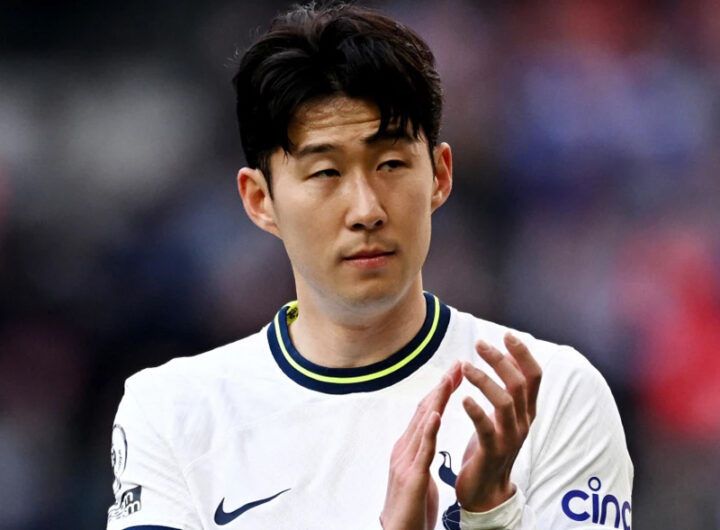 South Korea Sport Icon Heung-min’s Tormentor Behind Bars Over Blackmail
South Korea Sport Icon Heung-min’s Tormentor Behind Bars Over Blackmail 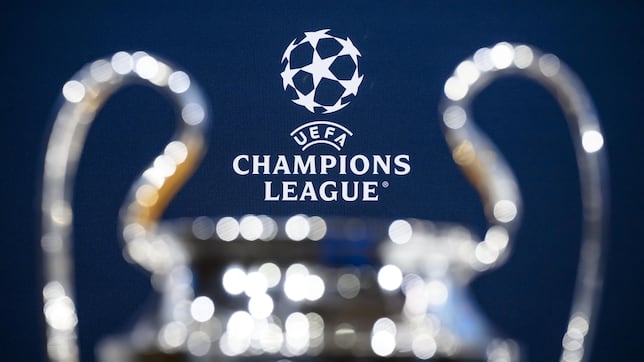 Champions League Shocker: European Giants Run Riot as Goals Flood Tuesday Night
Champions League Shocker: European Giants Run Riot as Goals Flood Tuesday Night  Eritrea’s Exit Rekindles Nigeria’s World Cup Dream
Eritrea’s Exit Rekindles Nigeria’s World Cup Dream  Argentina Humble Nigeria 4–0, Flying Eagles Crash Out of FIFA U-20 World Cup
Argentina Humble Nigeria 4–0, Flying Eagles Crash Out of FIFA U-20 World Cup  Cristiano Ronaldo Makes History as Football’s First Billionaire Icon
Cristiano Ronaldo Makes History as Football’s First Billionaire Icon 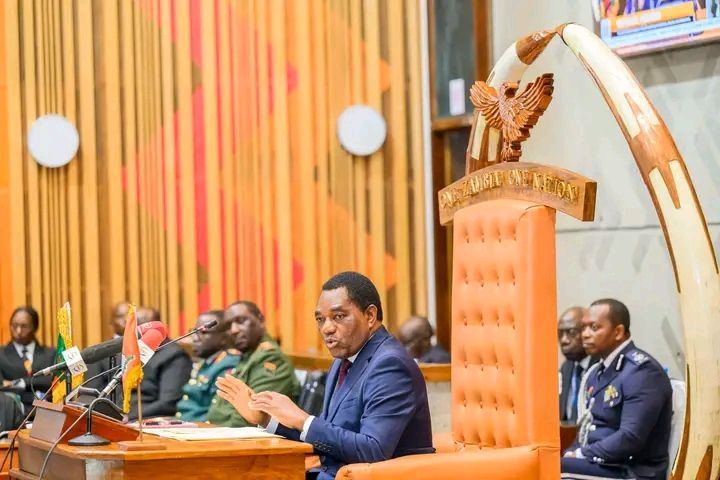 Zambia’s Hichilema’s Makes His Case: Stabilisation, Reform and the Road to 2026
Zambia’s Hichilema’s Makes His Case: Stabilisation, Reform and the Road to 2026 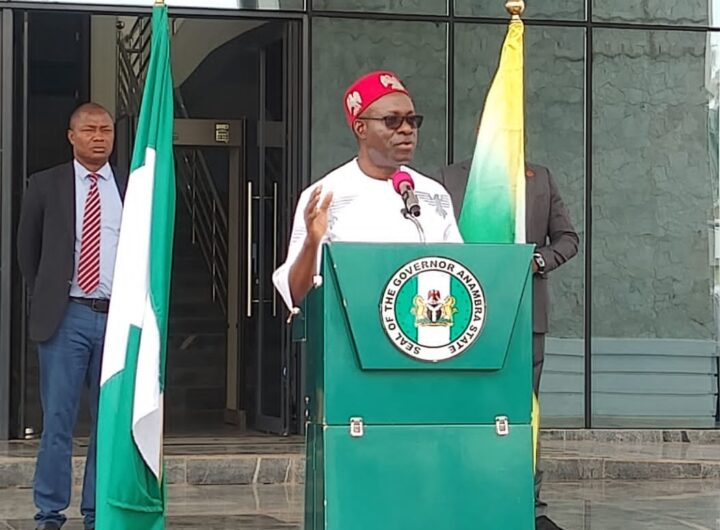 Onitsha Market Closure: Soludo Explains Rationale, Vows to End Sit-at-Home
Onitsha Market Closure: Soludo Explains Rationale, Vows to End Sit-at-Home 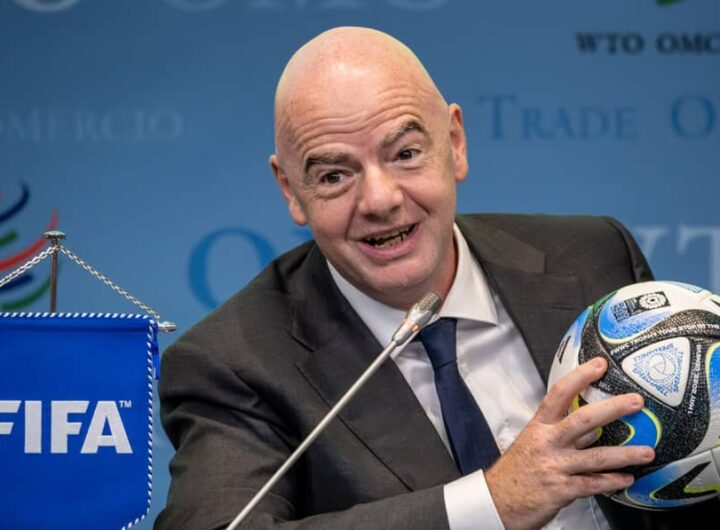 FIFA Rules Out World Cup Ban as Senegal Face CAF Sanctions Over AFCON Final Walk-Off
FIFA Rules Out World Cup Ban as Senegal Face CAF Sanctions Over AFCON Final Walk-Off  Nollywood Actress, Angela Okorie Reportedly Detained Over Alleged Cyberbullying Linked to Mercy Johnson Case
Nollywood Actress, Angela Okorie Reportedly Detained Over Alleged Cyberbullying Linked to Mercy Johnson Case